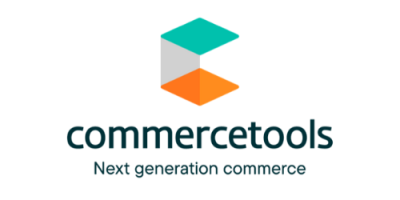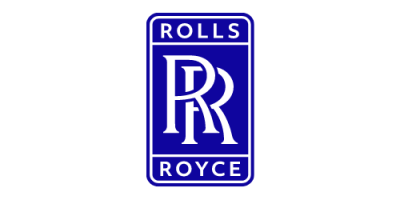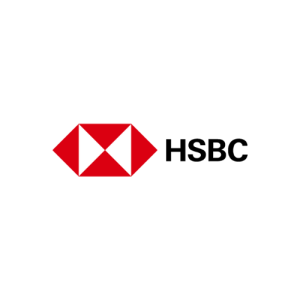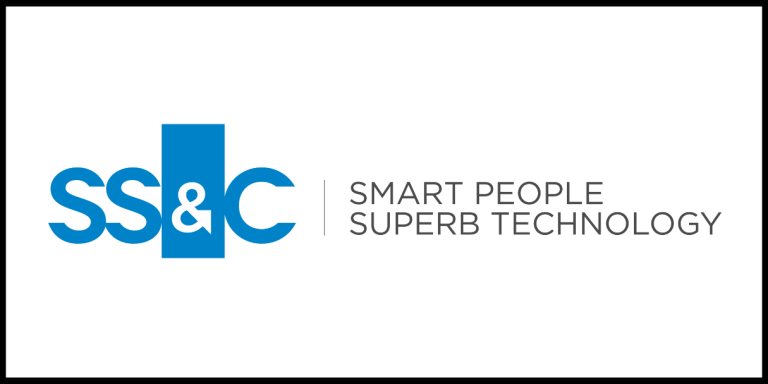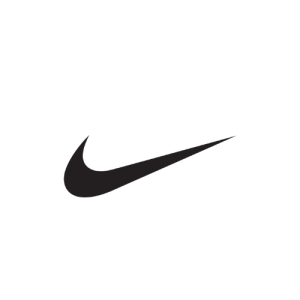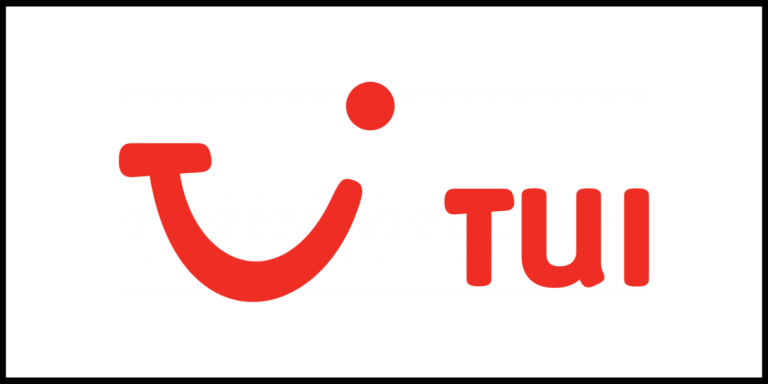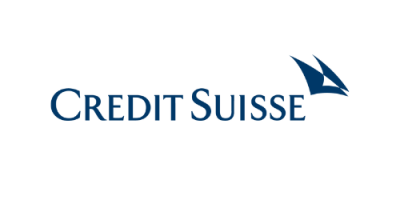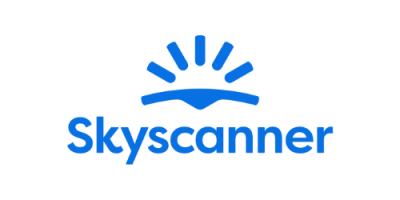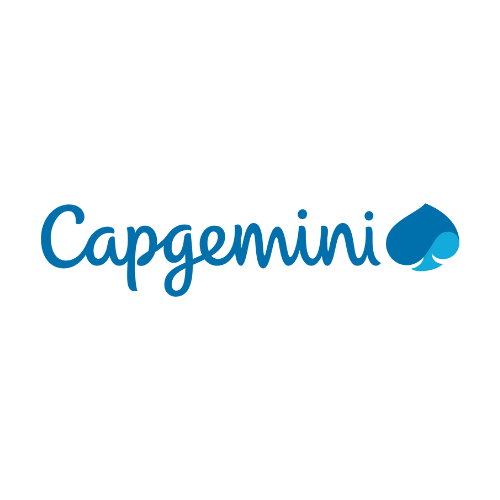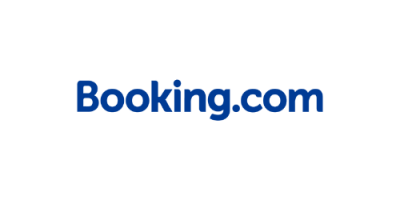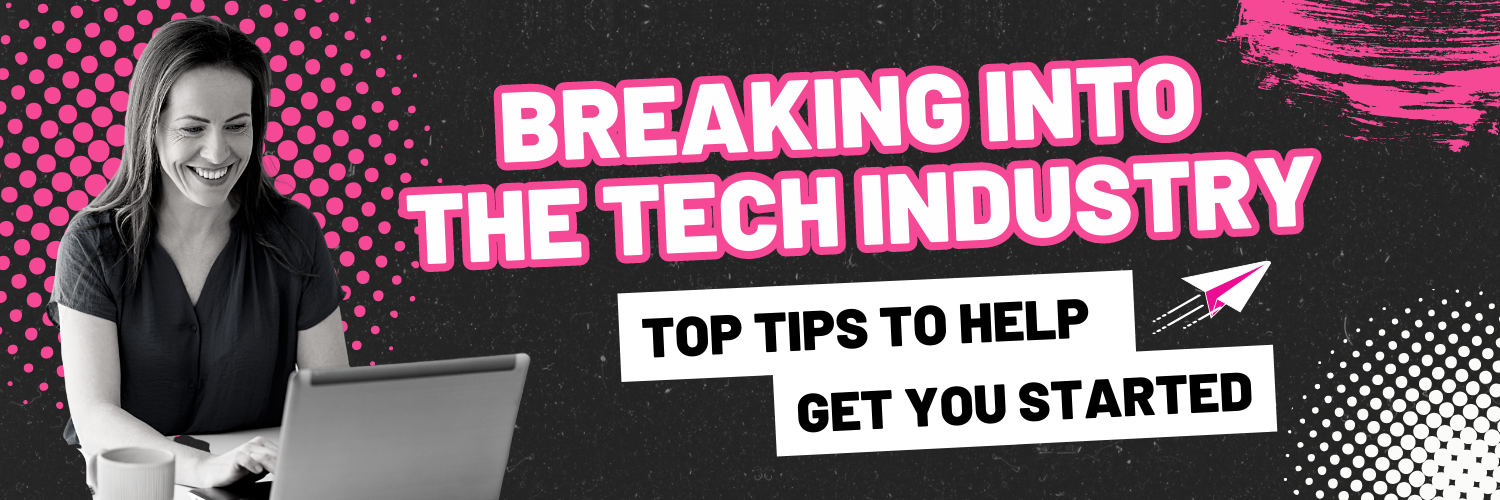
Top Tips For Breaking Into The Tech Industry
If you’re reading this, you may be wondering how to get into tech. Breaking into the technology industry can seem daunting at first, especially if you have just started your tech journey, but we’ve got you covered! Whether you’re searching for entry-level tech jobs, looking to enhance your tech skills, or trying to navigate the tech job market, we have some awesome tips to help you get started.
Be a tech baddie & do your research 📖
The first step is to start looking into some tech education. There are many different routes into tech, from university degrees to completely self-taught – there’s no one size fits all.
From HTML to React, there are a tonne of different programming languages out there and it depends what you want to achieve with what languages you should learn. Code First Girls we offer a bunch of free courses to get you started in some different languages including HTML, CSS, JavaScript, Python and SQL – just to name a few!
Starting from scratch, we recommend our:
Tech Tasters: our Tech Tasters are a great entryway into coding from topics such as Intro to Python for Data, Blockchain & Web3 and more! Check out topic such as Intro to Coding which is perfect for those completely new to tech – you’ll learn about what these languages are that we talk about, why tech is important and more.
Our Tech Tasters are made for complete beginners or those wanting to learn a new skill. If you want to take a dip into different tech topics and get introduced to a variety of concepts over the course in just 4 lessons, then a Tech Taster is for you. Self-paced, you can learn around your own schedule and do as many topics are you want! You’ll also be awarded a certificate – great for getting noticed on your CV!
Interested in building your tech skills, we recommend
Classes: If you have been researching tech or maybe you’ve done a Tech Taster or a bootcamp, then you are probably ready to go a little further and get a good foundational knowledge across key tech topics such as JavaScript, C#, Python and Data & SQL. Classes do just that! They’re a great way to continue building on your knowledge, test out new areas and figure out where your interests may be! Plus, completing our class will also make you eligible for the CFGdegree (more to come on that in just a moment!).
Have some tech knowledge and skills and are looking to get a job in tech, we recommend:
CFGdegree: Our CFGdegree is a 16-week course that can show you how to specialise in either Data, Software, Full-Stack or Product Management. It will give you real strong knowledge and practice on how to use these tech concepts, ready to utilise for real world settings and a potential job upon completion. It is an intensive course, but at the end of it, you’ll be able to go into job roles such as Junior Software Engineer, Data Analyst, Product Manager, Full-Stack Developer and more! We work with some incredible sponsors who (upon completion) hire CFGdegree grads straight into their organisations.
So make sure to check them out and kickstart your adventure into the tech world!
Slay with a certification!
Tech certifications are a great way to demonstrate your skills and knowledge in specific areas of tech. From programming languages to cloud computing or even cybersecurity, many of these courses are available online and can make your CV’s and LinkedIn profiles stand out when applying for your next tech role.
Whatever your tech career path, it’s important to have a wide variety of understanding within the technical landscape. So even if you’re sure you want to go into backend development, there’s no harm in trying out some frontend languages such as CSS! Hiring companies value extra learning and keeping up-to-date with a variety of languages and tech concepts, so this will only work in your favour!
Whether you complete a Tech Taster, a Class or the CFGdegree – you’ll get free certification with all of them!
Nail your tech portfolio 📁
Your tech portfolio is a collection of your own work and projects that demonstrate your skills and experience in the field. Having this to hand and making sure it’s always updated is a great way to document your work and have it to present in an interview.
This can include coding projects, design work, or even blog posts – which help to showcase not only an array of skills but also as a method for documenting your coding journey. Having a strong tech portfolio allows you to highlight real-life examples of your talent when applying for roles, especially entry-level tech jobs!
Maybe you’re wondering how you should display your portfolio. There are many platforms you can create and share your portfolio on, the most popular ones include PowerPoint presentations, PDFs, a website or GitHub (often companies will ask for GitHub profiles when you’re applying for roles).
Building your own unique website with skills you’ve learnt along the way is a perfect example of showcasing your creative skills, processes and personality in a unique and fun way. If you’re interested in getting started, we recommend:
> Complete one of our Coding Kickstarter Classes or Tech Tasters where you can learn a range of coding languages and skills, giving you the confidence to build your own website or portfolio.
> Enrolling onto the CFGdegree where you’ll learn from expert instructors over 16-weeks, including real-world projects and challenges (perfect to add to your portfolio!)
Networking in tech – like a pro!
Networking is a crucial aspect of breaking into any industry, and tech is no exception. This could include attending meetups, tech conferences and other industry events, all of which allow you to connect with other tech professionals and learn about wider job opportunities.
For some people, in-person social events can be extremely overwhelming, so there is also the option to join virtual events such as LinkedIn webinars or online forums such as Reddit. Another option is to join online communities and popular hashtags which will allow you to find other tech newbies on platforms like X. People often use hashtags such as #100daysofcode or #codingnewbie, making it easy for you to find people to get in contact with.
Additionally, our courses are a great way to meet others in the same boat as you – our CFG community is great for meeting other coders, ambassadors, mentors and more!
Don’t be afraid to share your work and ask for feedback, you never know what you might learn.
Gain some IRL experience
Getting hands-on experience is invaluable! For example, internships are a great way to gain hands-on experience in the tech industry and learn from professionals. However, they can often be difficult to come across and usually have large numbers of other applicants to compete with.
So how do you get one? Well, the best way to start is to reach within your network – and out to people within organisations, with your CV & portfolio, and ask if they have any opportunities to intern or do shadow work. Just remember, the worst thing they can say is ‘no’, so don’t be afraid to put yourself out there and see where it might lead you next.
Own your strengths and weaknesses!
While core tech skills, like understanding code are desirable; being a well-rounded professional is also just as important. Don’t underestimate the importance of soft skills for tech professionals. Soft skills such as developing your communication styles, teamwork and problem-solving skills, should also be a priority – especially at the beginning of your journey.
There are many ways to develop these skills and adapt to your individual strengths. For some, it may be practising speaking in public and ordering a coffee in your local coffee shop, for others it may be listening and engaging more in conversations such as with peers or through formal mentorship.
The key 🔑 to tech interviews and cover letter tips
When applying for tech jobs, you may be asked to submit a cover letter. Tailoring your cover letter to the specific job you’re applying for is a great way to show your particular interests and personality. Similarly, use the opportunity to highlight why you are a good fit for the company and their culture.
Tech interviews can be really daunting, especially if you’re new to them! As with anything, practice makes perfect, so we recommend practising your answers to common tech interview questions such as “What is your favourite coding language?” and “What tech project did you feel you added value to?” which can help to show your unique experiences and knowledge.
Remember this could be one of the first impressions people have of you, so think about how you want to come across. And remember it’s okay to be nervous!
Don’t stop now! Think about your career development in tech 🚀
Once you’ve landed your first tech job, it’s important to continue developing your skills and advancing in your career. Be curious and seek out opportunities for training and development, and set clear goals for your career growth. Courses, such as our Mid-level Accelerator, mean that you can continue to grow and climb the career ladder.
By keeping track of your achievements, you’ll be able to see how far you’ve come – remember to celebrate your wins!
We hope this blog has made you feel more confident and clear about how to start your tech journey and set everything into motion. Remember all these things take time, it won’t be an instant overnight success, so break it down into little achievable tasks and take it step by step! Most importantly breaking into tech is definitely achievable, and YOU can do it!


